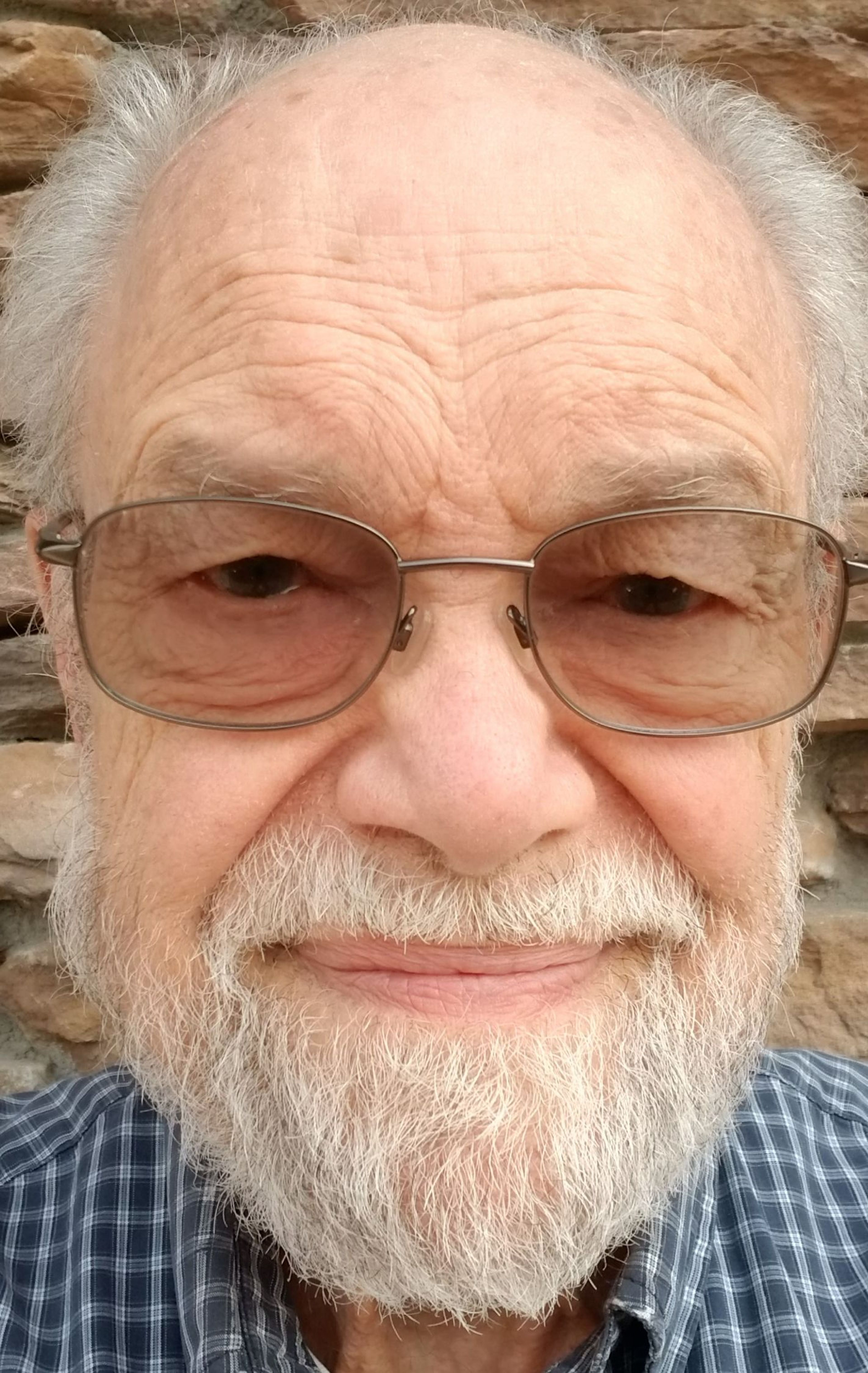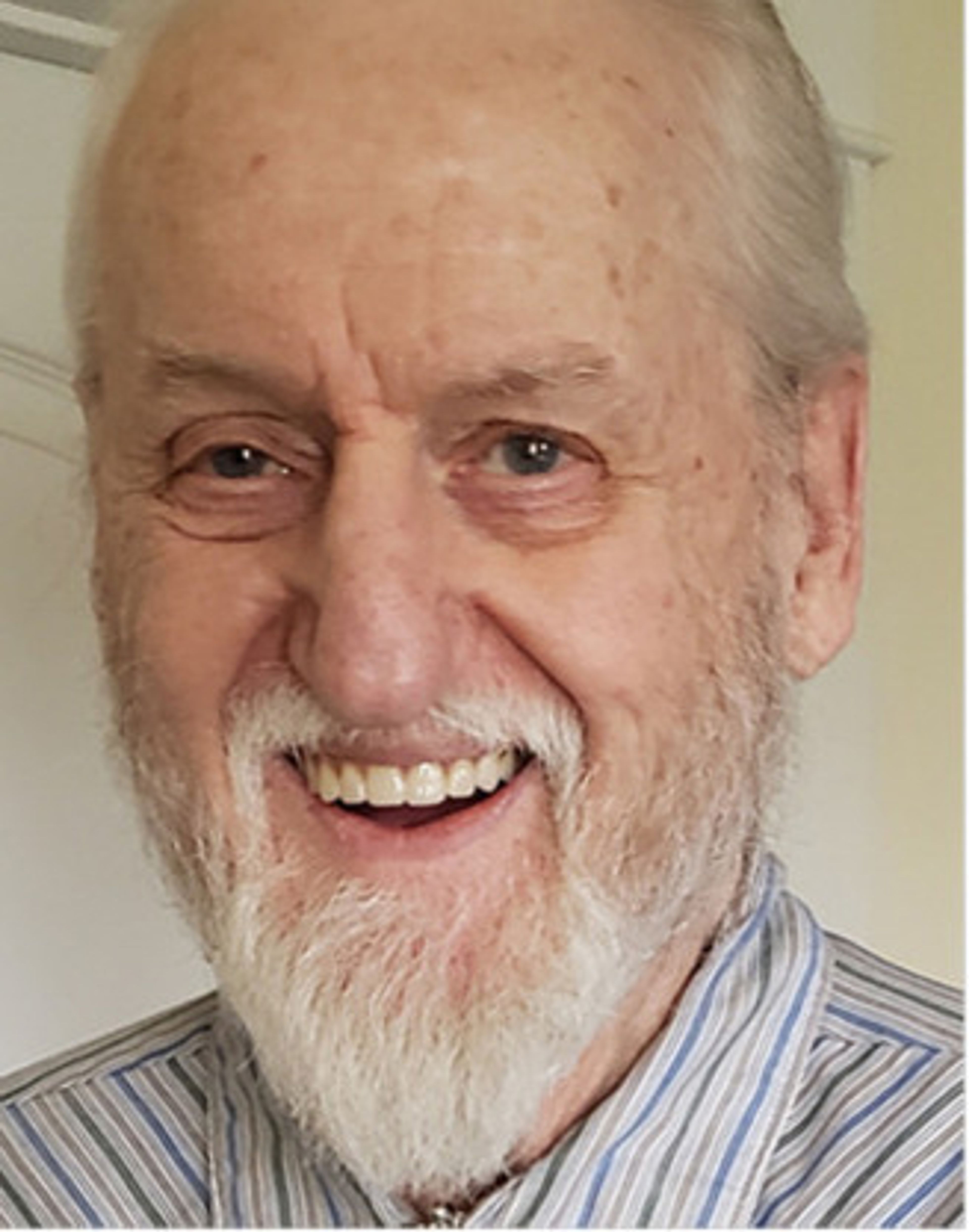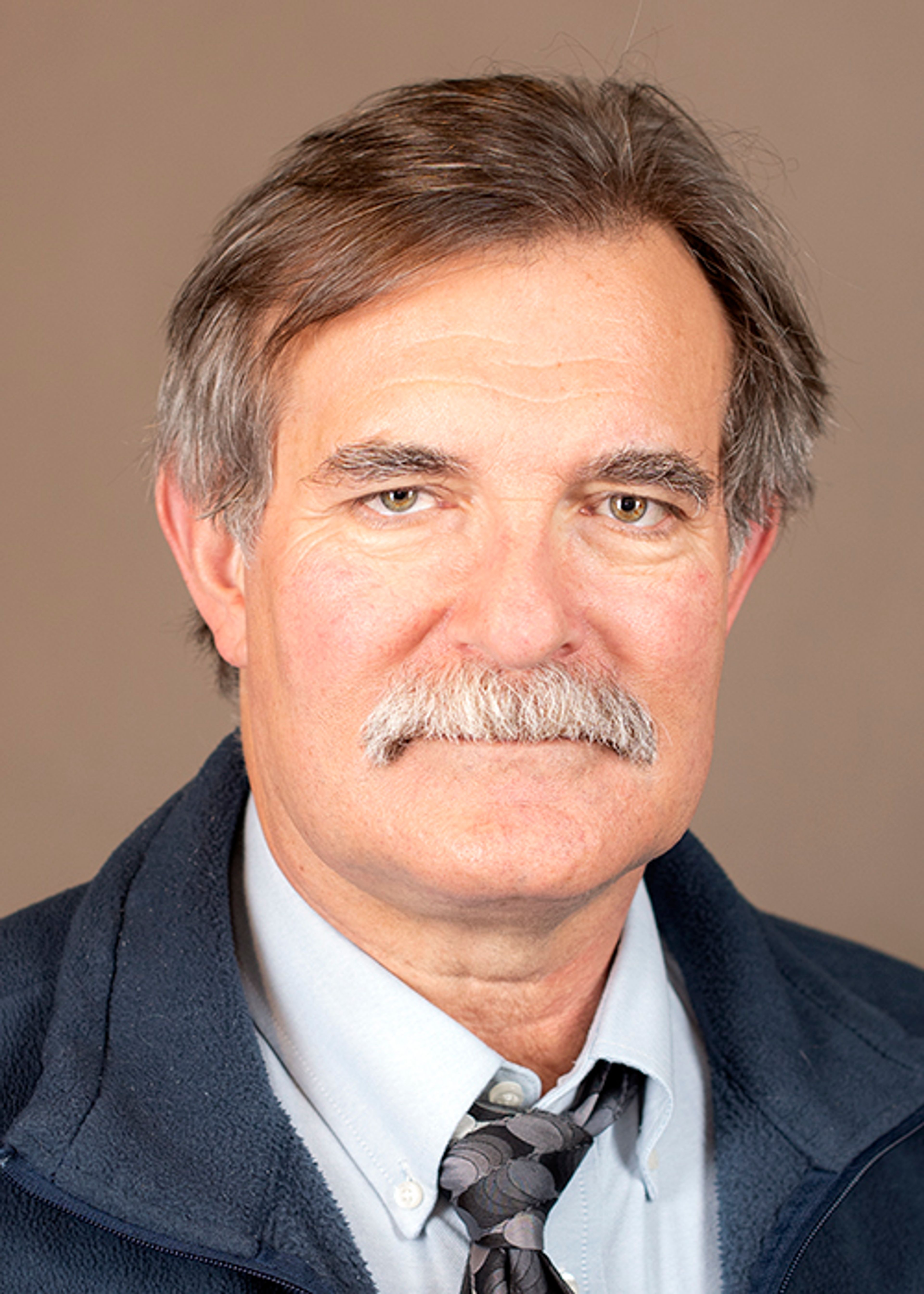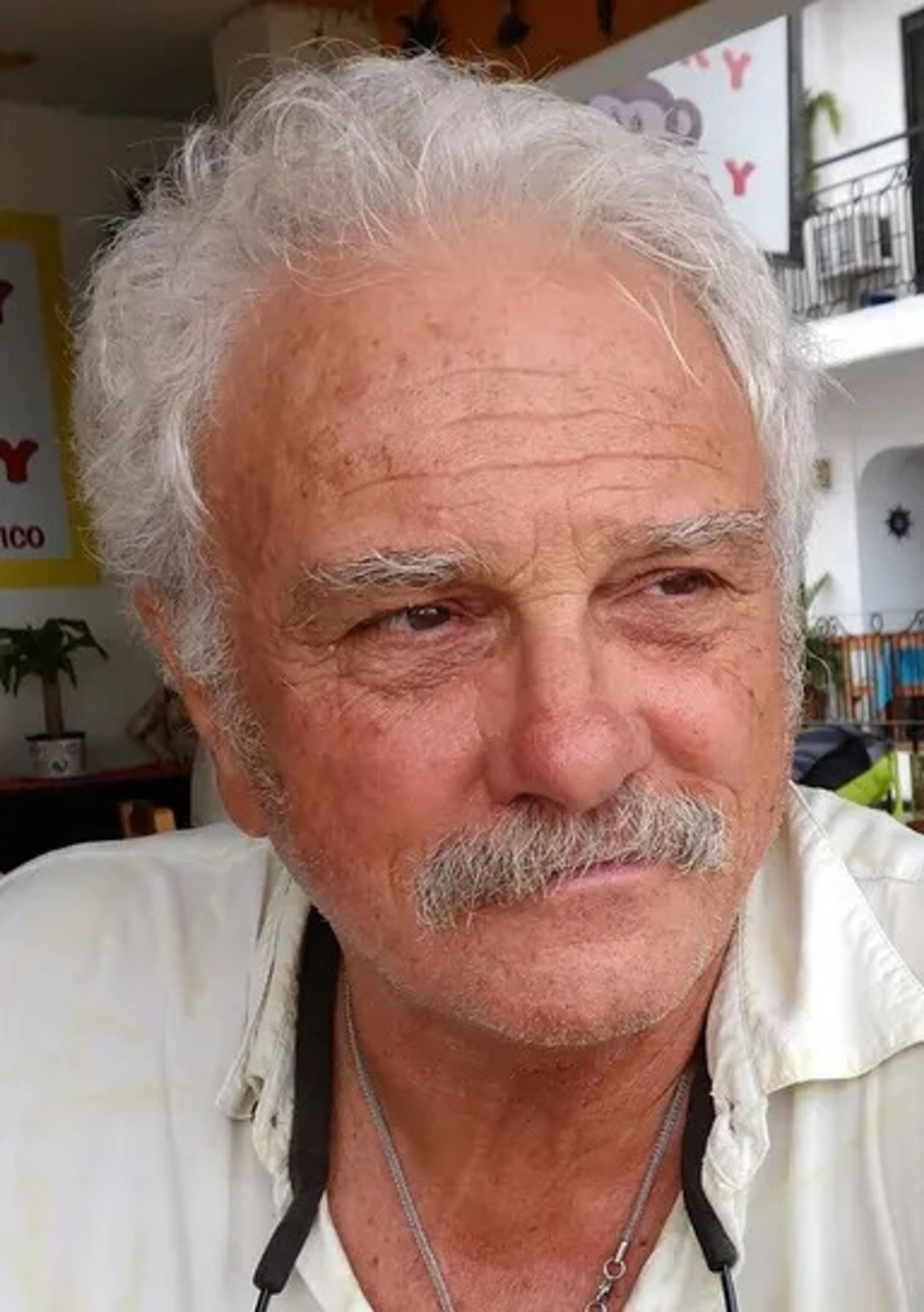“Holy War,” greatest of oxymorons, once again rages in the Middle East. Earlier versions, the Crusades, spanned more than two centuries. They’re chronicled in a 25-hour audiobook, subtitled “The Authoritative History of the War for the Holy Land.” That war never really ended.
Listening to details of the barbarisms perpetrated by Crusaders on all sides is like listening to NPR’s Morning Edition today. The barbarism continues. Last October, Hamas terrorists killed 1,200 Israelis and foreigners near the Israel-Gaza border. Israel’s retaliation was swift and unrelenting. Accurate statistics are elusive, but at this writing, estimates of Gazan dead range from 30,000 to more than 34,000, including 23,000 women and children, with some 77,000 wounded. Another 8,000 remain missing.
Current campus protests recall peace movements of the 1960s. As a Korean War veteran, I sang folk songs protesting the Vietnam War. One of the most enduring was Pete Seeger’s “Where have all the flowers gone?” It narrates how “young girls picked them, every one.” The girls then chose husbands, who became soldiers, gone then to graveyards, at last “gone to flowers, every one.” The song’s refrain resonates today: “When will they ever learn / Oh, when will they ever learn?”
During the Cold War, schoolchildren learned to “duck and cover,” to hide under their desks in the event of a nuclear attack. Really. Today’s schoolchildren learn to run-hide-fight to resist domestic terrorism. Similar defensive tactics were likely instilled into victims of the Crusades.
Christian crusaders were motivated by “God’s” self-appointed agents, who interpreted right and wrong for the masses. These clergy encouraged followers to save their souls by killing “infidels” in the name of Christ. Islam’s equivalent for killing Christian “polytheists” was jihad. Lost is the fact that the God of most religions is a benevolent essence unknowable to humankind. That “unknowability” requires faith and obedience. To what?
A Jewish friend reduces the Ten Commandments to two: “Love God and follow the Golden Rule.” Stripped of theology, this is the essence of Judaism, Christianity and Islam. Most contemporary religions probably agree: Try to love that unknowable essence and lead a loving, ethical life, regardless of what those around us are doing.
But following the golden rule gets tricky. It requires self-honesty, equity and justice toward others. None of us is perfectly objective. Cultural biases shape our perspectives, beliefs and behavior. Unrecognized biases control us without our realizing it. Inherited beliefs can lead to confrontations with those we don’t understand — or, mistakenly, think we do. Call it “prejudice.”
Ugly epithets, learned from family and friends, inflame these prejudices. They feed the fear and hatred we learned as children. Growing into adulthood, we act on those prejudices, never considering why, accepting our beliefs without question. Such labels easily categorize individual members within a pigeonholed group, no thought necessary.
But humans are not easily pigeonholed. Religious and national allegiances shift over time and circumstance. During the Crusades, Christians sometimes fought each other. Then they united against Muslims, who themselves often engaged in internecine warfare. In America, these United States were once part of the Kingdom of Great Britain — until that kingdom became “the enemy.”
Such temporary alliances don’t affect the infinite variety of the human genome, which provides us with biological uniqueness, individuality shaped from birth by social pressures. We form groups to support each other. Families, belief systems, governments all provide support. They also shape our concepts of right and wrong; how to live. When groups with differing belief systems encounter each other, things can quickly go awry. Neither group understands the other. Each jumps to hasty, often unwarranted, conclusions based on inculcated prejudices.
What strikes me as I learn about the Crusades is the political infighting within and among different factions of both Christianity and Islam. It’s really not about God, or spiritual values promulgated by those claiming to represent God. Fear dominates. Might makes right—then and now. Do practitioners of religions treat others as they themselves wish to be treated? The Crusades and the current Gaza war demonstrate that they don’t.
Yet belief systems I’ve encountered, ranging from local indigenous beliefs to global religions embracing billions, contain some form of that Golden Rule. What is it that prevents us from loving our neighbors as ourselves? How many more wars, “holy” or otherwise, will it take to awaken world decisionmakers — to awaken humanity itself — to the clear and present danger of a world approaching, once more, a possible global conflagration beyond human imagination. Modern weaponry leaves no room for indecision or error.
When will we ever learn?
Haug and Jolie, his editor and wife of 62 years, often consult about contemporary issues.. Contact Pete at petes.pen9@gmail.com. His internet posts are at favs.news/author/petehaug.








